41 carbs on food labels
This Is How to Read a Nutrition Facts Label on the Keto Diet Each nutrient listed on the label refers to the amount of that label contained in one serving, which is usually not the entire package. For instance, if "Total Carbohydrates" are listed as 10 grams (10 g), that's accurate for one serving. Ultimate Guide To Carbs In Food Charts - Ditch The Carbs Carbs in food 0g - 1g. All values are net carbs per 100g. Values may differ depending on the source of your data. For example, most will state an egg has 0g - 0.3g carbs per medium egg. In reality, most people count eggs as being zero carbs. Nutritional values from cronometer.com.
Learning To Read Labels :: Diabetes Education Online The serving size listed is 3 pieces (or 90 grams if you are weighing the product). The grams of total carbohydrate per serving is 30 grams. If you eat 6 pieces, that is two servings. You would be getting 60 grams of total carbohydrate (1 serving = 30 grams of total carbohydrate, 2 servings = 60 grams of total carbohydrate).

Carbs on food labels
Reading Food Labels | ADA - American Diabetes Association Put food labels to work. The Nutrition Facts labels on foods are really the key to making the best choices. We'll cover the basics so that these labels make shopping easier for you. You've heard it all. From carb-free to low-carb, to whole and empty carbs, it's hard to know what it all means. Blood sugar highs and lows aren't always ... Food Labels | CDC - Centers for Disease Control and Prevention If you eat the whole thing, you are eating 8 times the amount of calories, carbs, fat, etc., shown on the label. Total Carbohydrate shows you types of carbs in the food, including sugar and fiber. Choose foods with more fiber, vitamins, and minerals. Choose foods with lower calories, saturated fat, sodium, and added sugars. Avoid trans fat. Get to Know Carbs | ADA - American Diabetes Association Complex carbohydrates are digested slower, therefore they are less likely to cause a rapid spike in your blood sugar like refined carbohydrates. Examples are whole grains and legumes. Processed foods tend to be high in carbs, especially refined carbohydrates, while also being very low in vitamins, minerals and fiber—giving carbs a bad rap.
Carbs on food labels. Carb Counting Nutrition Guide | University Hospitals The "total carbohydrate" number listed on the label includes all types of carbs - sugar, starch and fiber. Choose foods with less than 10% Daily Value for saturated fat and sodium. Choose foods with less than 6% Daily Value for Added Sugars Try to choose foods with more dietary fiber, which is listed on the label under total carbohydrates. Food Labels and Counting Carbs - dummies Total Carbohydrate is listed in grams. Because %Daily Value is written in bold and off to the right side of the label, and lined up neatly with the actual amount, it is easy to allow your eye to zero in on the %Daily Value rather than the actual amount in grams. Low Carb Guide to Understanding Nutrition Labels - Virta Health The carbohydrate count is given as total grams, and then broken down into carbs from fiber and sugar. Focus on total carbohydrate. Sugar should be zero as often as possible (1-2g at most). Fiber is a carb and should be included in your total for the day (initially 30g or less). Again, pay attention to the serving size. How to Use the Nutrition Facts Label — Diet Doctor This bar has 13 grams of net carbs per serving. If you eat half a serving (1/4 of the bar, or 20 grams), you'll consume 6.5 grams of net carbs. This may be fine for some low-carbers. But for others, especially keto eaters, this bar is too high in net carbs. Instead of placing it in the cart, it goes back on the shelf.
How To Read Nutrition Labels (Like a Pro) - Ditch The Carbs The front of the box states it is high in fibre, cholesterol-lowering and has a 4.5 star rating, but look at the nutrition label and it tells another story. Per ¾ cup serving (and most people serve 1-2 cups) + ½ cup milk = 37.9g carbs, 15.5g sugars. The only reason it has any vitamins is because it has been fortified. How To Read Food and Beverage Labels - National Institute on Aging At the top of the Nutrition Facts label, you will find the total number of servings in the container and the food or beverage's serving size. The serving size on the label is based on the amount of food that people may typically eat at one time and is not a recommendation of how much to eat. Read more about serving and portion sizes. Added Sugars on the New Nutrition Facts Label | FDA - U.S. Food and ... Single-Ingredient Sugars and Syrups Sample Label Let the Nutrition Facts Label Be Your Guide The new Nutrition Facts label can help you compare and choose foods that are lower in added... What Is the Difference Between Sugar & Carbs on Food Labels? Each gram of carbohydrate and protein provides 4 calories, while a gram of fat provides 9 calories. Carbohydrates are found in a wide variety of foods, such as grain products, including bread, pasta, breakfast cereals, oatmeal, flours, crackers, starchy vegetables like potatoes and corn, legumes, milk, yogurt, fruits, juices, sugar and desserts.
What "Net Carbs" On Food Labels Actually Means What "Net Carbs" On Food Labels Actually Means By Stephanie Lee 11/06/15 11:00AM Comments ( 6) A myriad of low-carb products are marketed as having "zero net carbs", but a closer look at the... Food Labels: Carbohydrates | Home & Garden Information Center The 2015 Dietary Guidelines for Americans makes the following recommendations about daily consumption of unrefined carbohydrate foods, based on a 2,000-calorie diet: Choose fiber-rich fruits, vegetables, and whole grains often. 6 ounces of grain products, with at least half of this amount being whole grain products 2 ½ cups vegetables PDF Read the Food Label for Carbohydrates - National Institutes of Health Read the Food Label for Carbohydrates Food labels help you choose foods that are lower in calories and in carbohydrates and sweeteners. Here is a food label for a 12-ounce regular soda. The label provides lots of useful information. 1. Serving Size and Number of Servings The serving size is 12 ounces. There's 1 serving in this container. 2. Carb Counting | CDC - Centers for Disease Control and Prevention Carbs are measured in grams. On packaged foods, you can find total carb grams on the Nutrition Facts label. You can also check this list or use a carb-counting app to find grams of carbs in foods and drinks. For diabetes meal planning, 1 carb serving is about 15 grams of carbs. This isn't always the same as what you think of as a serving of food.
How To Figure Out The Carbs On Nutrition Labels Trying to interpret the carbohydrates on nutrition facts labels can be downright confusing. There's a number for total carbohydrates but then there are subheadings for dietary fiber, sugars, and sometimes insoluble fiber, sugar alcohols, and other carbohydrates. What Does Everything Mean? Total Carbohydrate, shown in grams, is first.
Carb Counting #2: Nutrition Labels - tandemdiabetes.com For counting carbohydrates, the two most important and useful items on the label are: Serving Size Total Carbohydrate "Total Carbohydrate" should be the main focus - NOT just the Sugars. Total Carbohydrate reflects all sugars, including sugar, starch, fiber, and sugar alcohol.
What Is the Difference Between Sugar & Carbs on Food Labels? With 4 calories in 1 gram of carbohydrates, this amounts to 225 to 325 grams of total carbohydrates on a 2,000-calorie-per-day diet. The Code of Federal Regulations for food and drugs requires that food labels list carbohydrates, in grams, as "Total Carbohydrates" or "Total Carbs," typically appearing above "Protein" in a bold font.
How to Understand and Use the Nutrition Facts Label | FDA - U.S. Food ... It can tell you if a serving of food is high or low in a nutrient and whether a serving of the food contributes a lot, or a little, to your daily diet for each nutrient. Note: some nutrients on...
Reading food labels: Tips if you have diabetes - Mayo Clinic Just as food labels can help you avoid certain foods, food labels can also serve as your guide to free foods. A free food is one with: Fewer than 20 calories a serving Less than 5 grams of carbohydrates a serving Do the math Pay attention to serving sizes.
Carbs and Food Labels - Paulette Kydd RHN When you start eating low carb, it's REALLY IMPORTANT to understand how to read food labels so that you can figure out exactly how many carbs you're eating. 519-535-3149 nutrition@paulettekydd.com
Understanding food labels | Diabetes UK Carbohydrates are not included in the 'front of pack' information partly because there is no set criteria for determining what the amount of low, medium or high carb is in a particular food. The 'back of pack' labelling provides detailed information on other nutrients including carbohydrates.
LABEL READING: CARBOHYDRATES AND SUGARS - Renaissance Nutrition Center ... "Sugar" is one of two subheadings beneath "Total Carbs" on a food label. A serving's total sugar content appears in grams but not as a percentage of your daily intake. The word "sugar" includes a variety of simple sugars, which are compounds that your body can easily break down for immediate use.
How to Read Food Labels & Count Carbs | Allulose Allulose Labeling. Allulose is a form of sugar, so it will count toward total sugar and carbohydrate (CHO) grams on food and beverage labels, even though it is not metabolized in the body and does not contribute calories to the diet. Products made with allulose will have fewer calories compared to a full-calorie counterpart, but total ...
How Do They Calculate Calories on Food Labels? It's important to recognize that 4-9-4 is an average, and not an exact amount. For example, 1 gram of fat in one food may yield 8.34 calories while 1 gram of fat from another food yields 9.7 calories. The same thing happens with carbohydrate and protein: the 4-9-4 is an average, not an exact amount. Also, the NLEA labeling rules require that ...
Reading labels | Diabetes UK Key points Always look at the 'total carbohydrate' on the label when carb counting. This will make sure you are counting both the complex (starchy) and simple (sugary) carbs in your food. Both will raise your blood glucose (blood sugar) levels, and need to be matched with insulin.
How to Read a Food Label to Make Sure It's Keto in 3 Easy Steps Total Carbohydrate ( 4 grams) - Dietary Fiber ( 1 gram) = 3 gram s Net Carbs The Total Carbs for ⅔ cup of this packaged cauliflower is 4 grams, and the Net Carb is 3 grams. Why the 2 camps The reason there's an impassioned debate about whether to count Total Carbs or Net Carbs is because both camps are right. I know.
Get to Know Carbs | ADA - American Diabetes Association Complex carbohydrates are digested slower, therefore they are less likely to cause a rapid spike in your blood sugar like refined carbohydrates. Examples are whole grains and legumes. Processed foods tend to be high in carbs, especially refined carbohydrates, while also being very low in vitamins, minerals and fiber—giving carbs a bad rap.
Food Labels | CDC - Centers for Disease Control and Prevention If you eat the whole thing, you are eating 8 times the amount of calories, carbs, fat, etc., shown on the label. Total Carbohydrate shows you types of carbs in the food, including sugar and fiber. Choose foods with more fiber, vitamins, and minerals. Choose foods with lower calories, saturated fat, sodium, and added sugars. Avoid trans fat.
Reading Food Labels | ADA - American Diabetes Association Put food labels to work. The Nutrition Facts labels on foods are really the key to making the best choices. We'll cover the basics so that these labels make shopping easier for you. You've heard it all. From carb-free to low-carb, to whole and empty carbs, it's hard to know what it all means. Blood sugar highs and lows aren't always ...

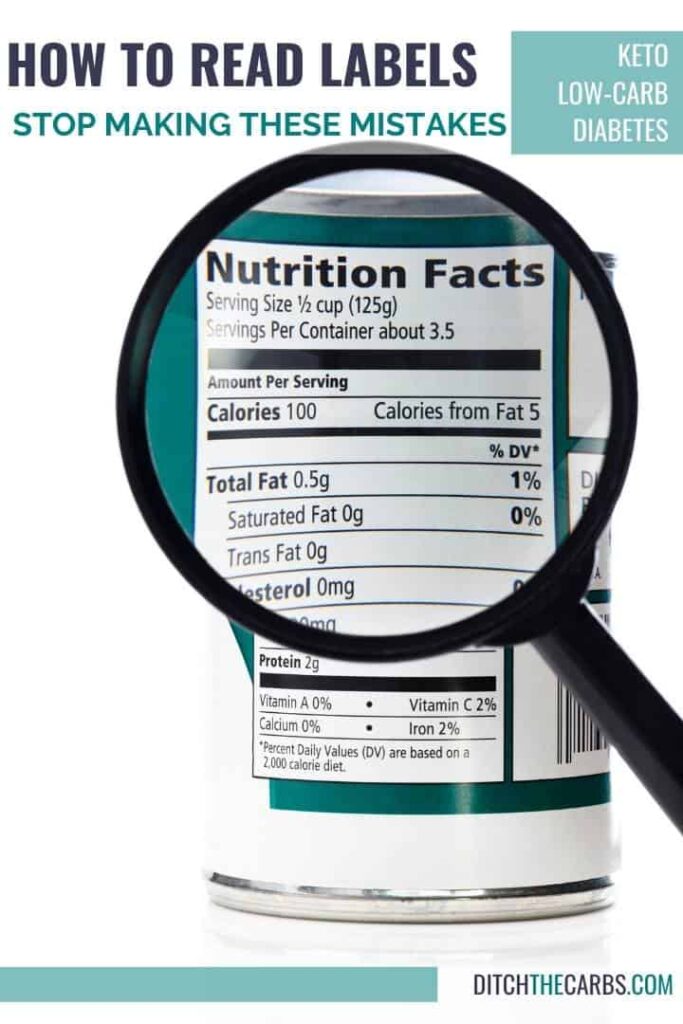
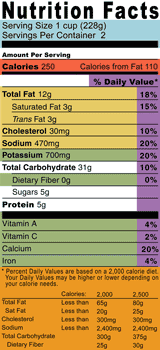
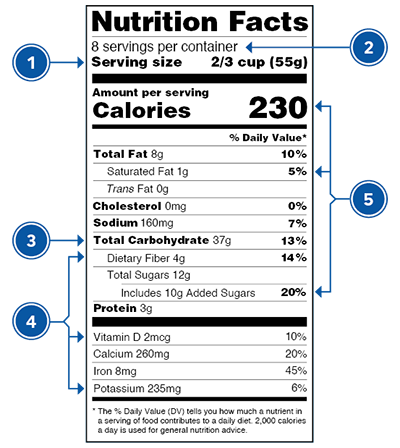
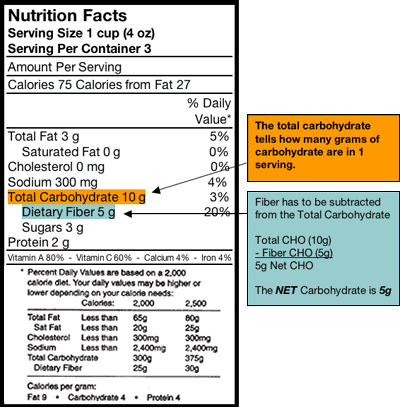
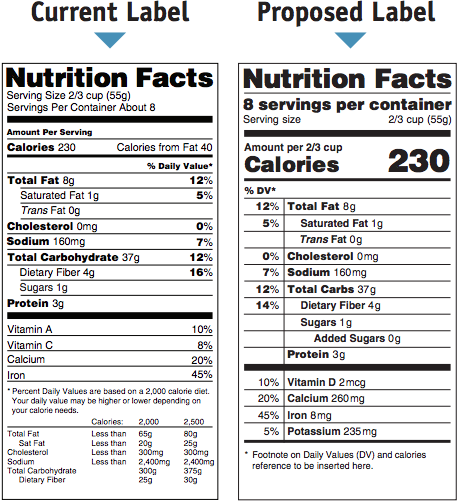
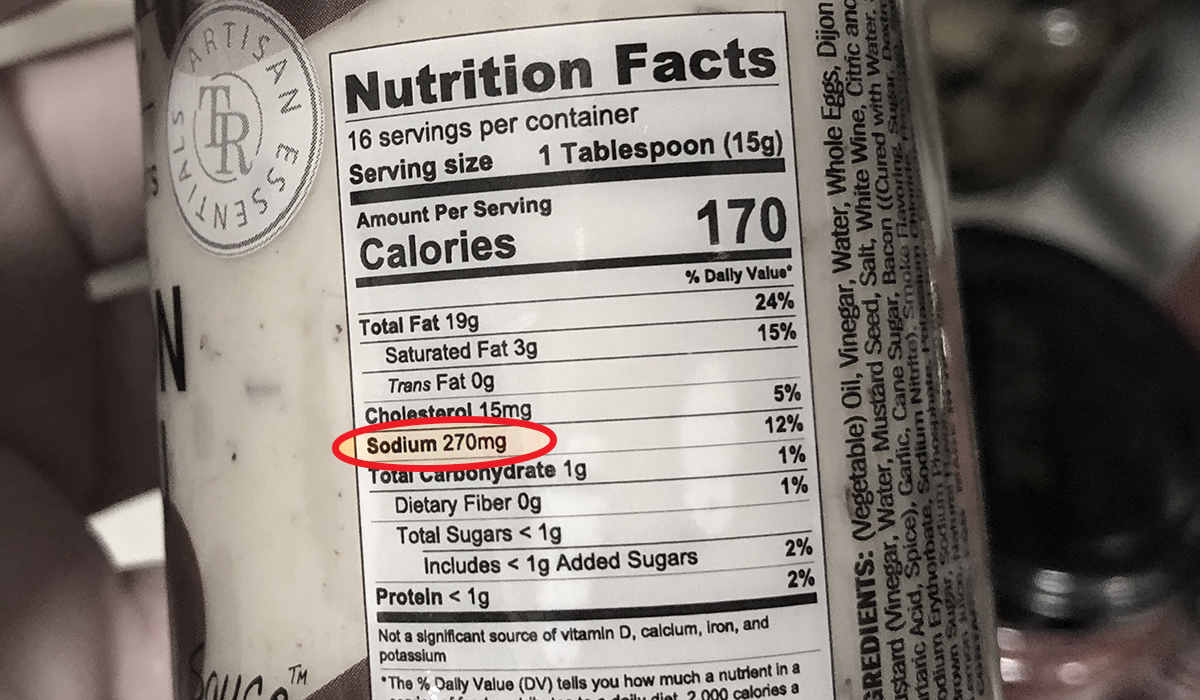

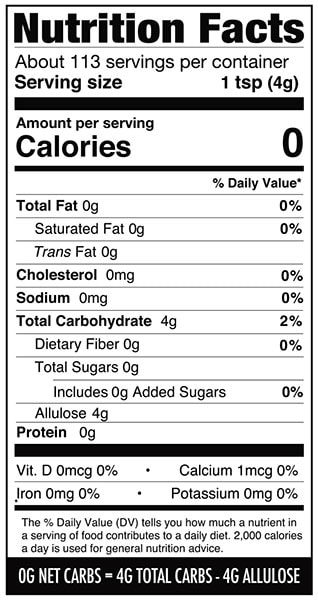




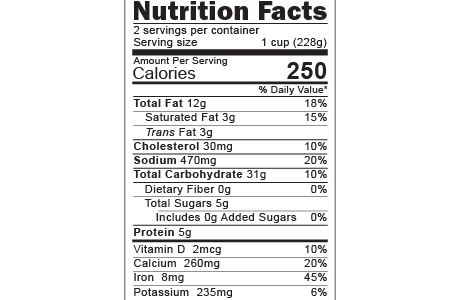


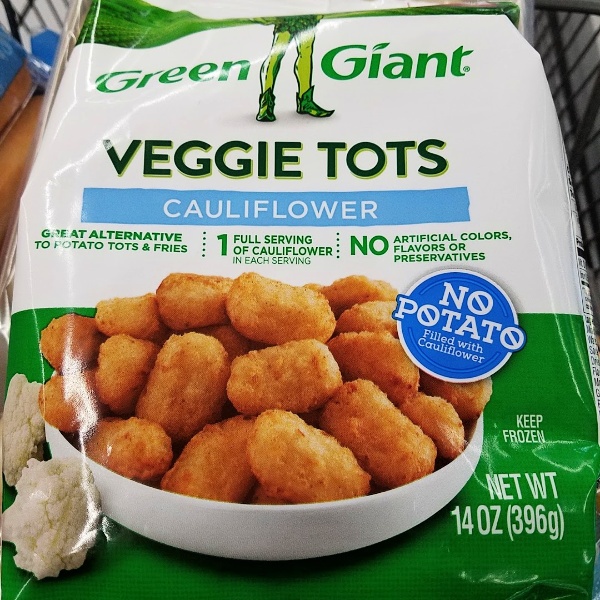
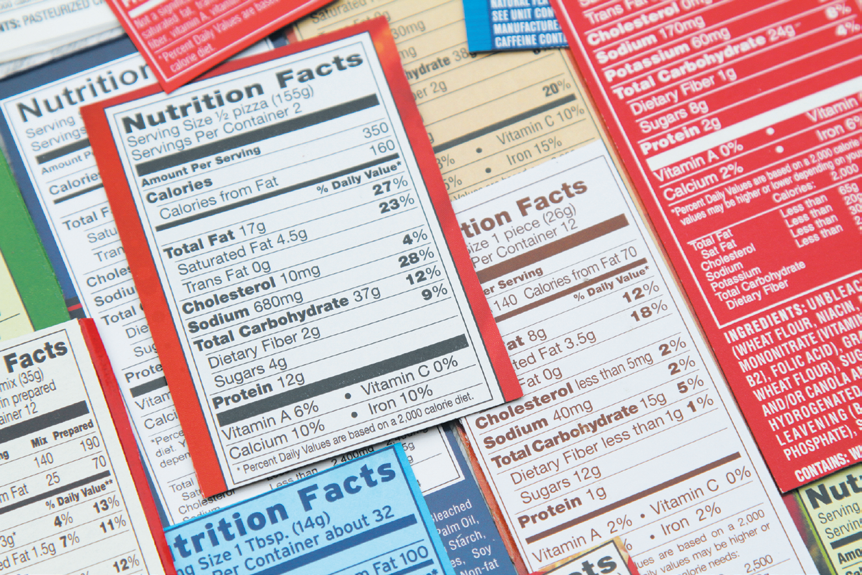
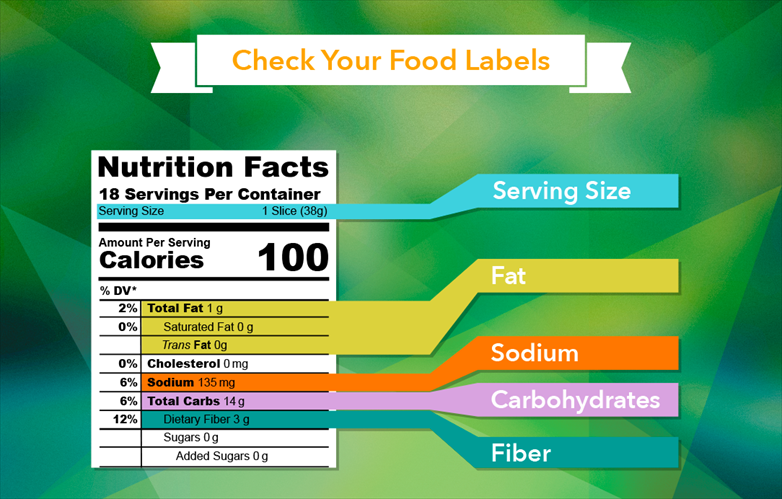
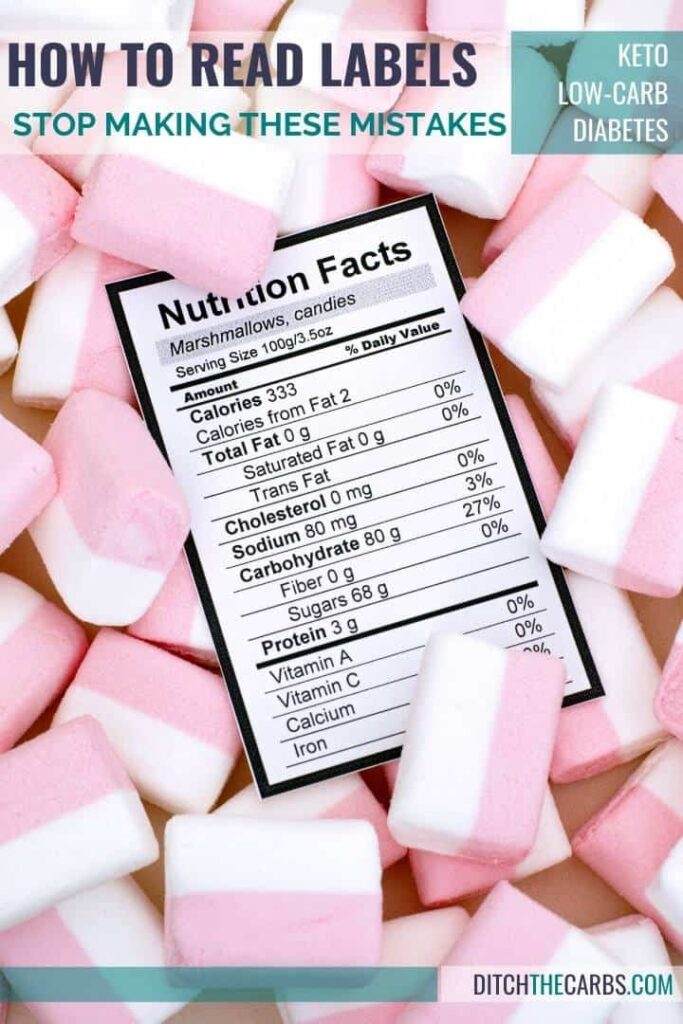





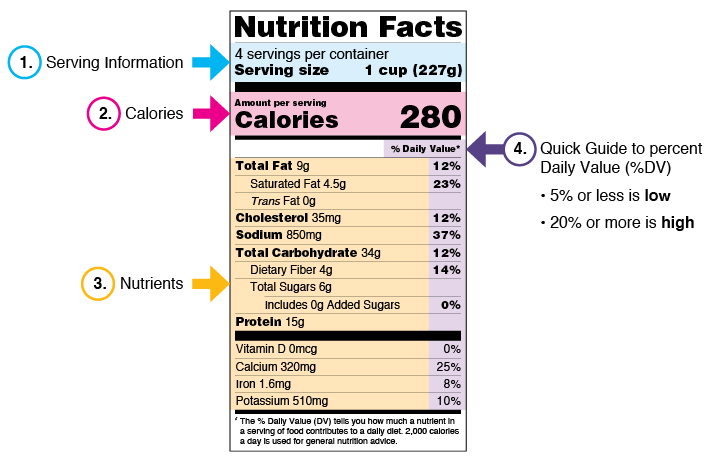

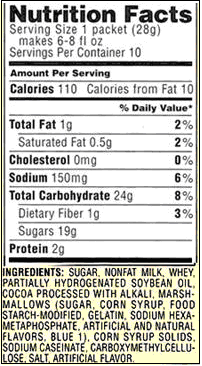
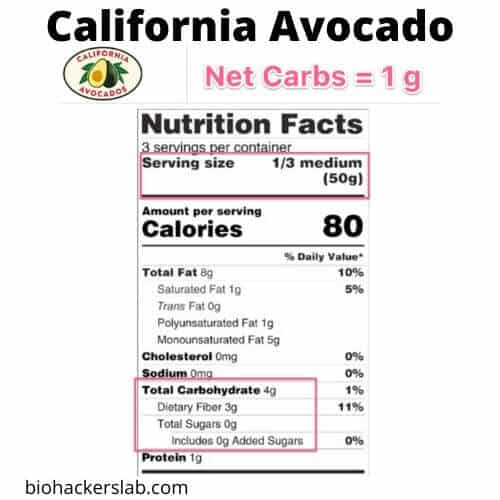
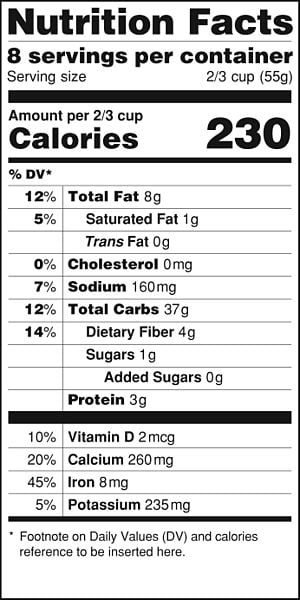
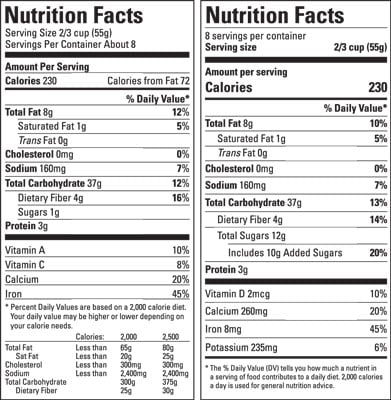
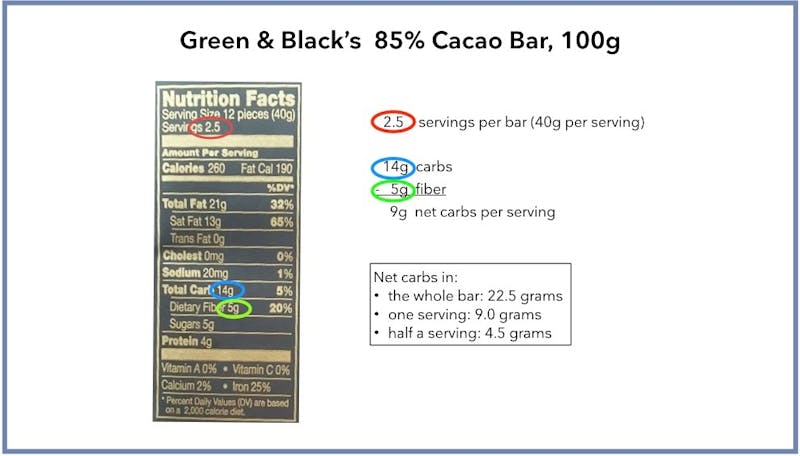


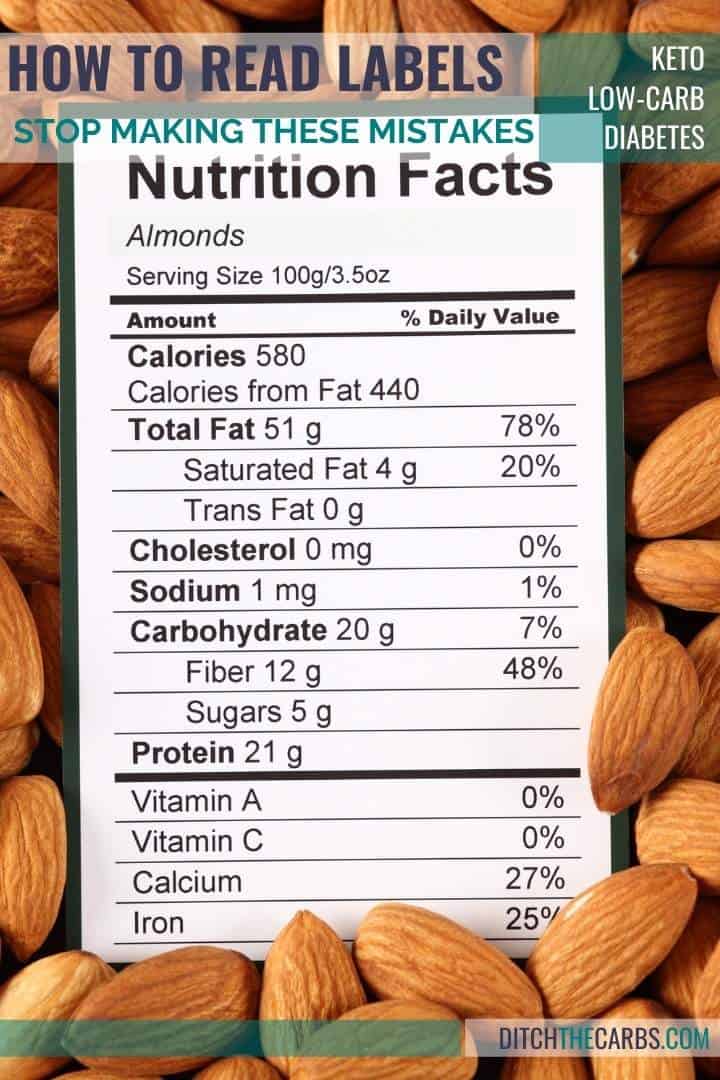



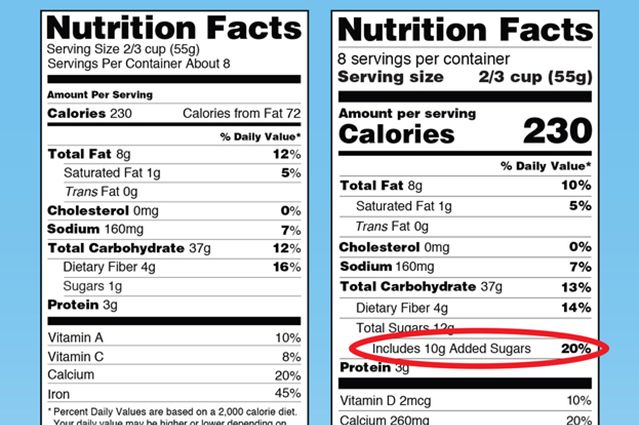
Post a Comment for "41 carbs on food labels"